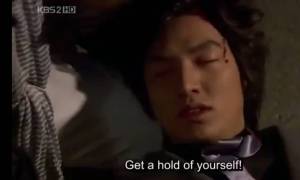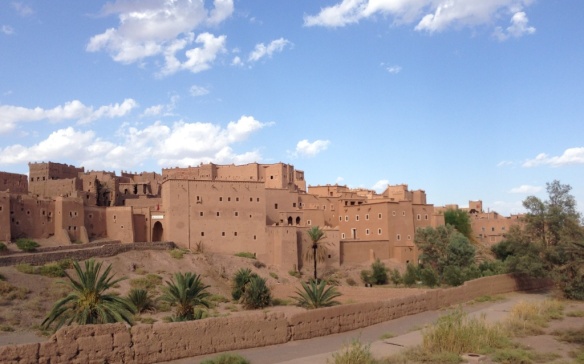Just like that, Chinese classes are over!

I’m done and dusted, tired and tested. My final score was 2/1 (speaking/reading). This does not mean I can speak Chinese well. I cannot.
What I can do, per State Department rules, is PCS (Permanently Change Station) to Guangzhou, and take a 2/0 language designated position.
My visa is in order. I have all required vaccinations. The appointment is set for a pre-flight COVID test. And I am…getting cold feet?
Six months of working from a Seattle hotel room, one month of home leave, nine months of language training…you’d think I’d be desperate to get out of here. I kind of am. I mean, most of my possessions are in a warehouse, unseen since March 2020. I’m tired of living out of two suitcases plus whatever I’ve acquired after a year+ back in the USA. (Which is more than I thought possible, although in fairness some of that wasn’t acquiring, just consolidating stray possessions scattered in Minneapolis and Seattle.)
Yet here I am having butterflies about leaving the States. Or at least about going to China.
Maybe because China was far from my first choice or maybe because everything about going to China—from learning the language to getting a visa to making a seat reservation on the airplane—is just HARD.
Or maybe it’s simply because I’ve just had more time to sit and think this past twelvemonth (haven’t we all). Last time everything moved so fast. I got the job offer and had less than three weeks to pack up my entire life. I arrived in Kazakhstan, first choice from my bid list, a mere three months after that.
This time, I’ve had time to ponder. About how sad it was to leave Kazakhstan earlier than expected. About the time I’ve spent in the US, during which I’ve barely been able to enjoy the company of my friends and family. About how China was a lot lower than #1 on my wish list and whether I should have just gone for a non-language post somewhere else (Conakry, Guinea would have come with a 30% pay bump but apparently also the occasional spitting cobra). About China’s COVID-era travel policies, which mean hope of seeing anyone from home in the next two years is slim. About about how much I miss America when I am away. About how I managed quick visits to Minnesota and Seattle and Boston and Sacramento but thanks to COVID and a grueling study schedule never made it to NYC, Connecticut, Texas, North Carolina, San Diego, or Marenisco, Michigan.
It’s all left me a bit verklempt.
Then, when it takes three credit cards and seven phone calls to get a reserved seat on a flight from LAX to CAN, it’s hard not to let the anxiety spike. When I get one week of notice that Mission China would rather that I cancel that ticket and instead join a charter flight to Tianjin, the anxiety spikes higher.
Fortunately (?) nothing compares to the anxiety I felt when I joined Peace Corps. I’ll never know if it was nerves or an actual stomach bug but profound apologies to the lady in the bathroom that pre-departure night at the Lock and Keel. As you occupied the single stall, you were very understanding about having to listen to me throw up in the adjacent garbage can and seemed to genuinely believe me when I said “I’m not drunk, I’m just sick.”
And hey–Peace Corps turned out to be a really good decision!
So my feet are very cold but as I have yet to throw up in dive bar garbage can, I guess I am headed to China?

Packing for quarantine: one suitcase of clothes and another suitcase of food to supplement Chinese hotel room service options.
I’ll quarantine for two full weeks in a hotel in Tianjin. No kitchen, no microwave, no guarantees on a mini fridge. I will have an electric kettle. From there I head to Guangzhou for an additional week of at-home quarantine in my new apartment. And then I go to work. In an office. With other people. Assuming I remember how to do that. Wish me luck!

























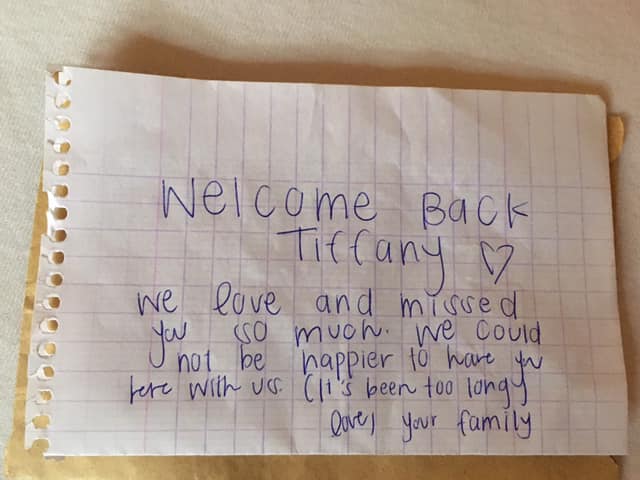











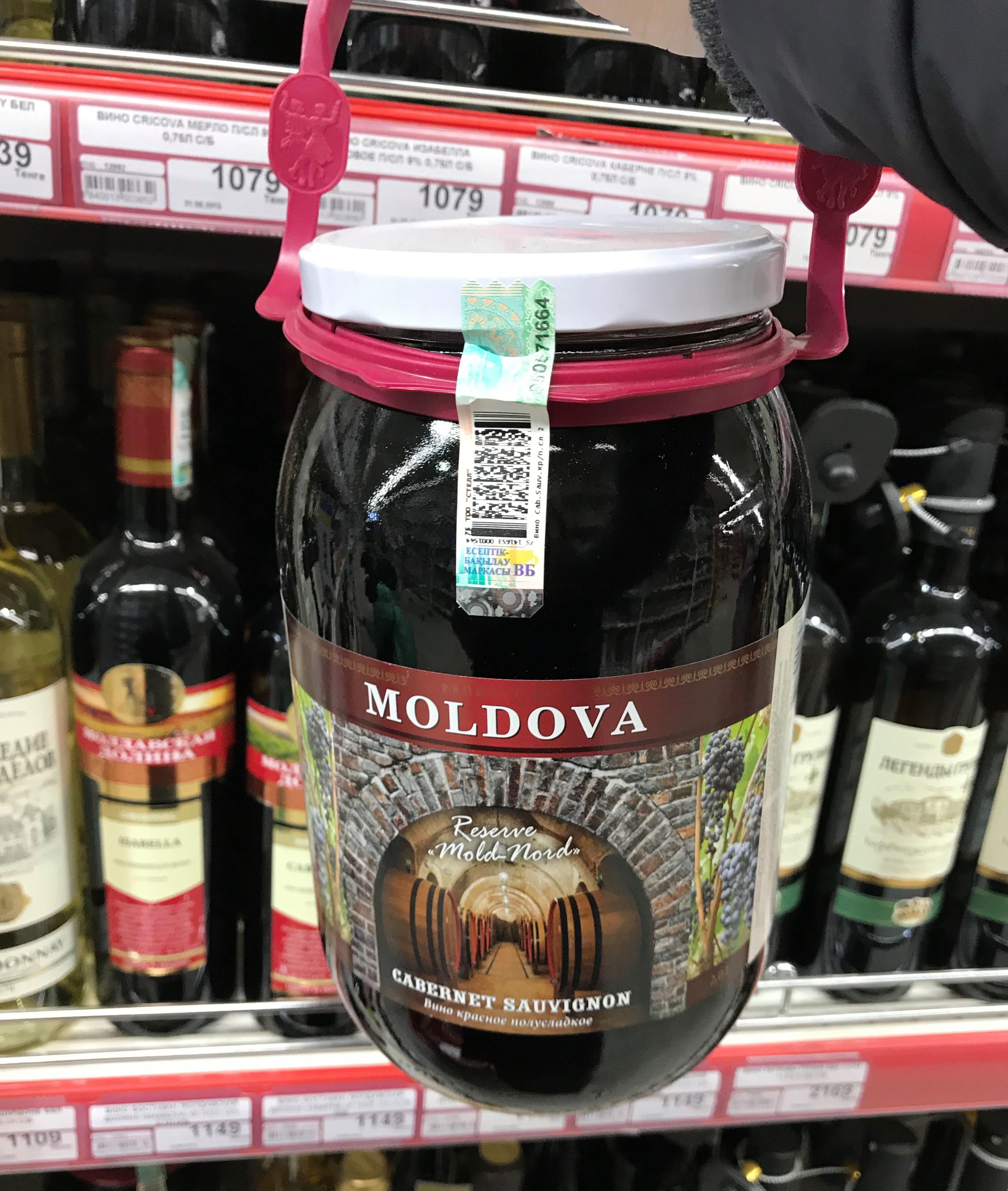
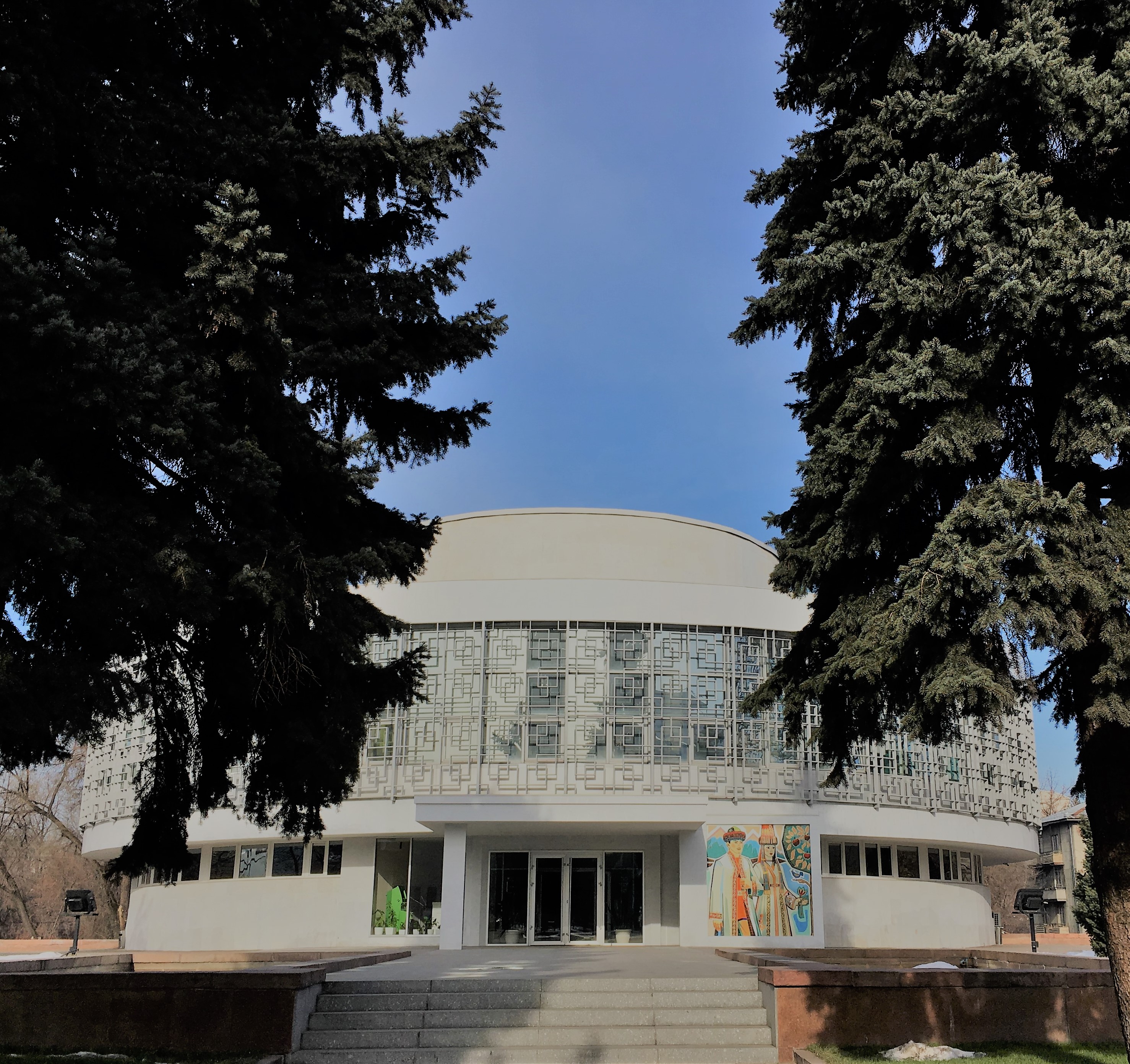
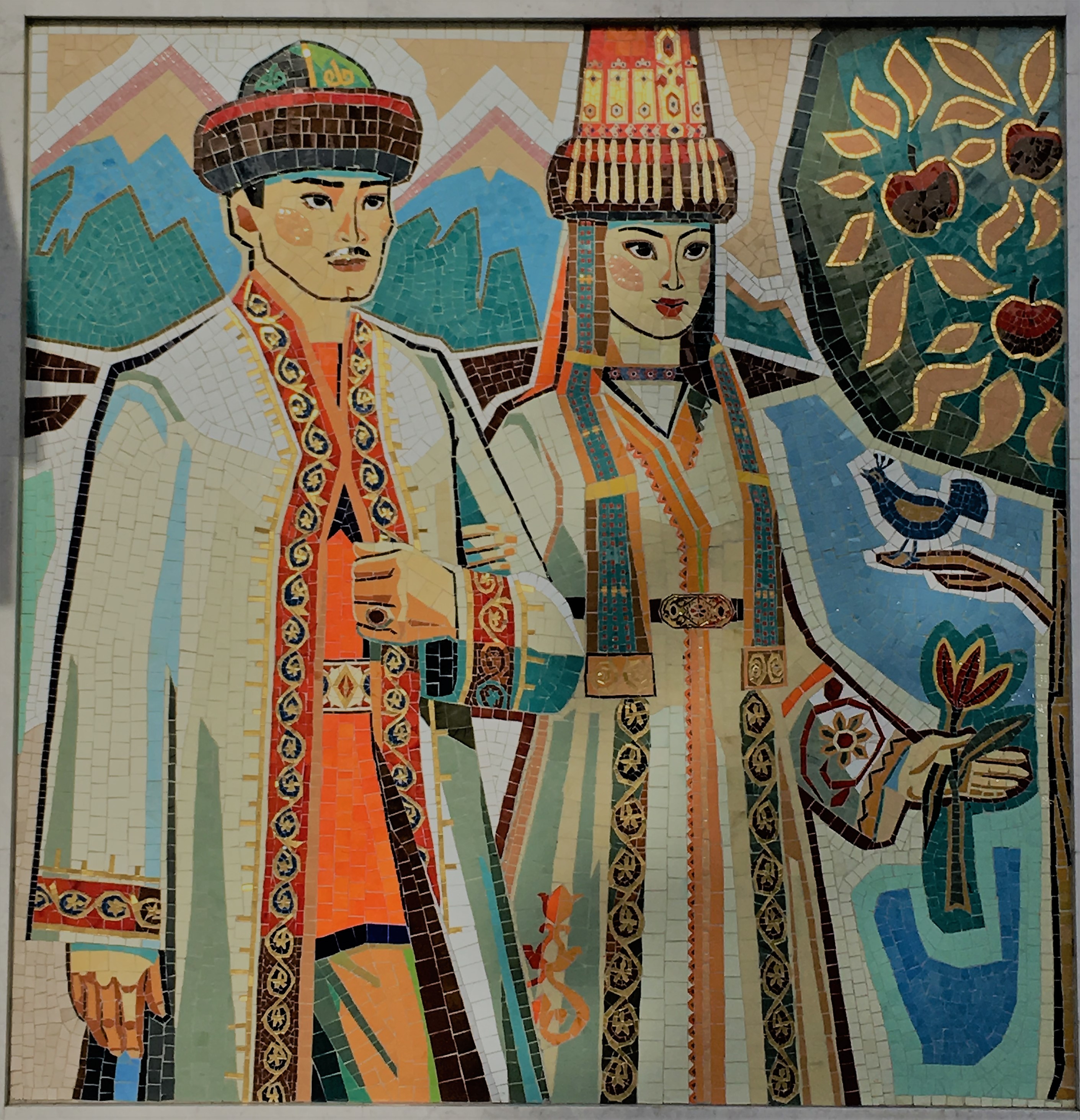
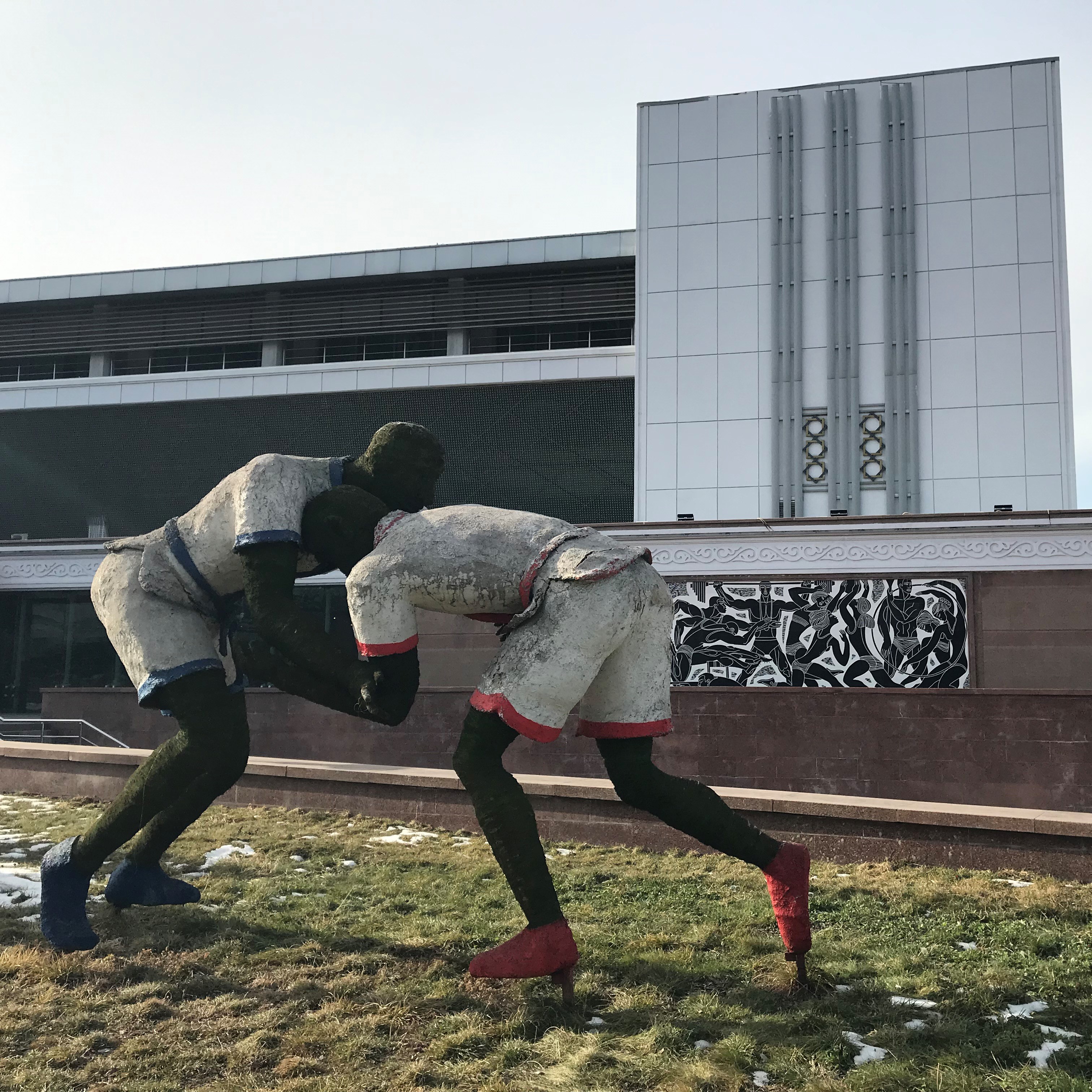
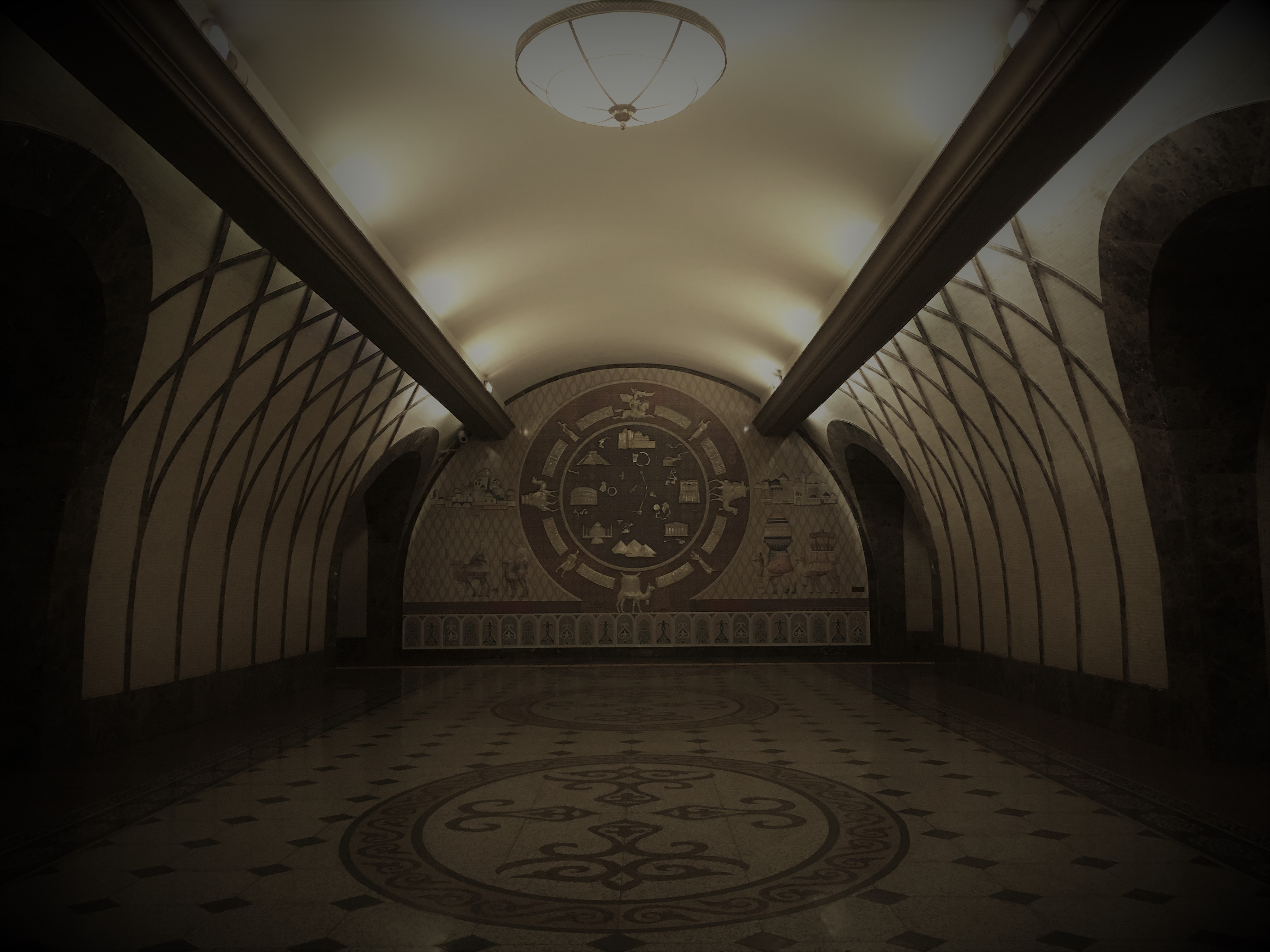
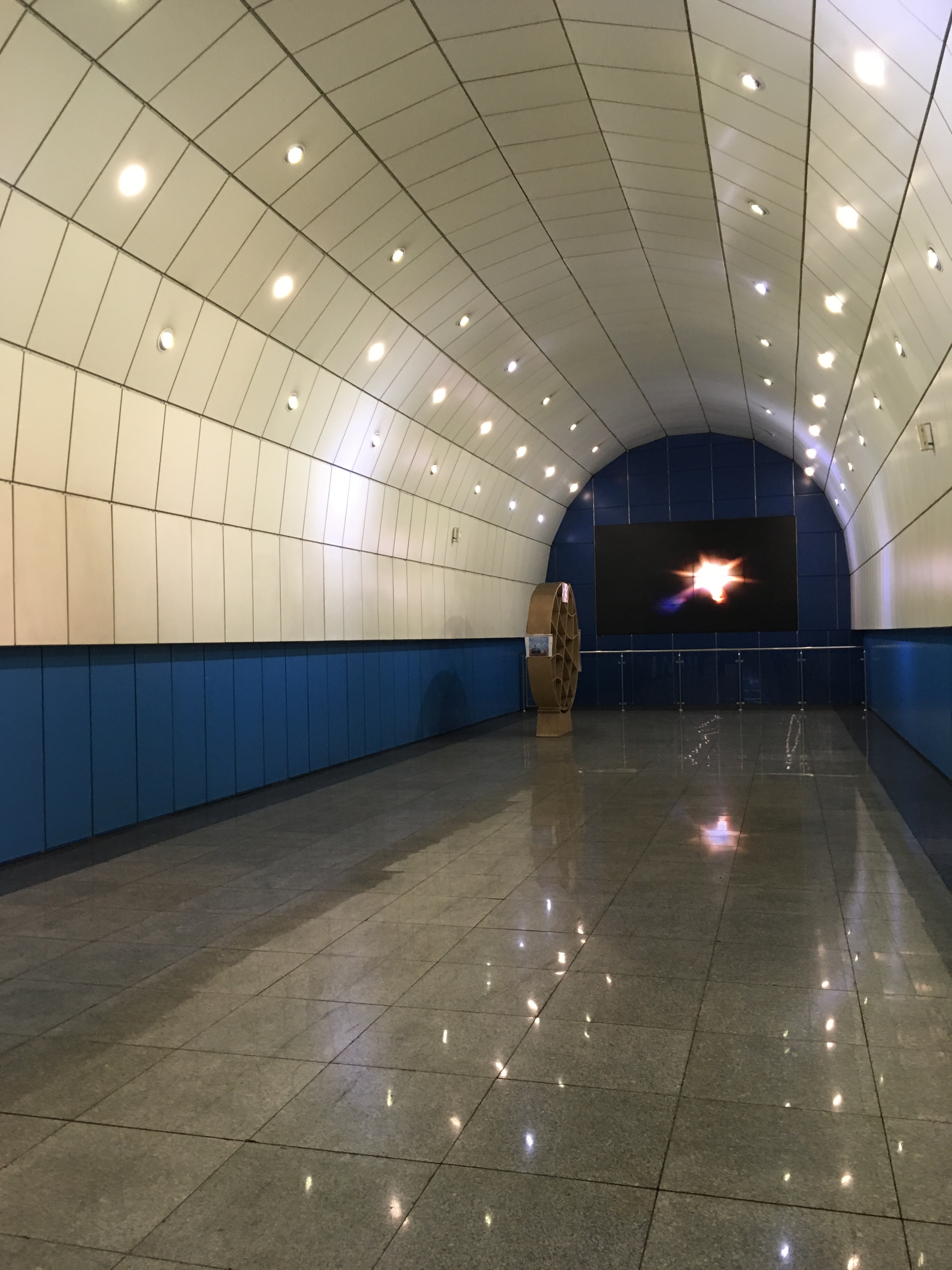
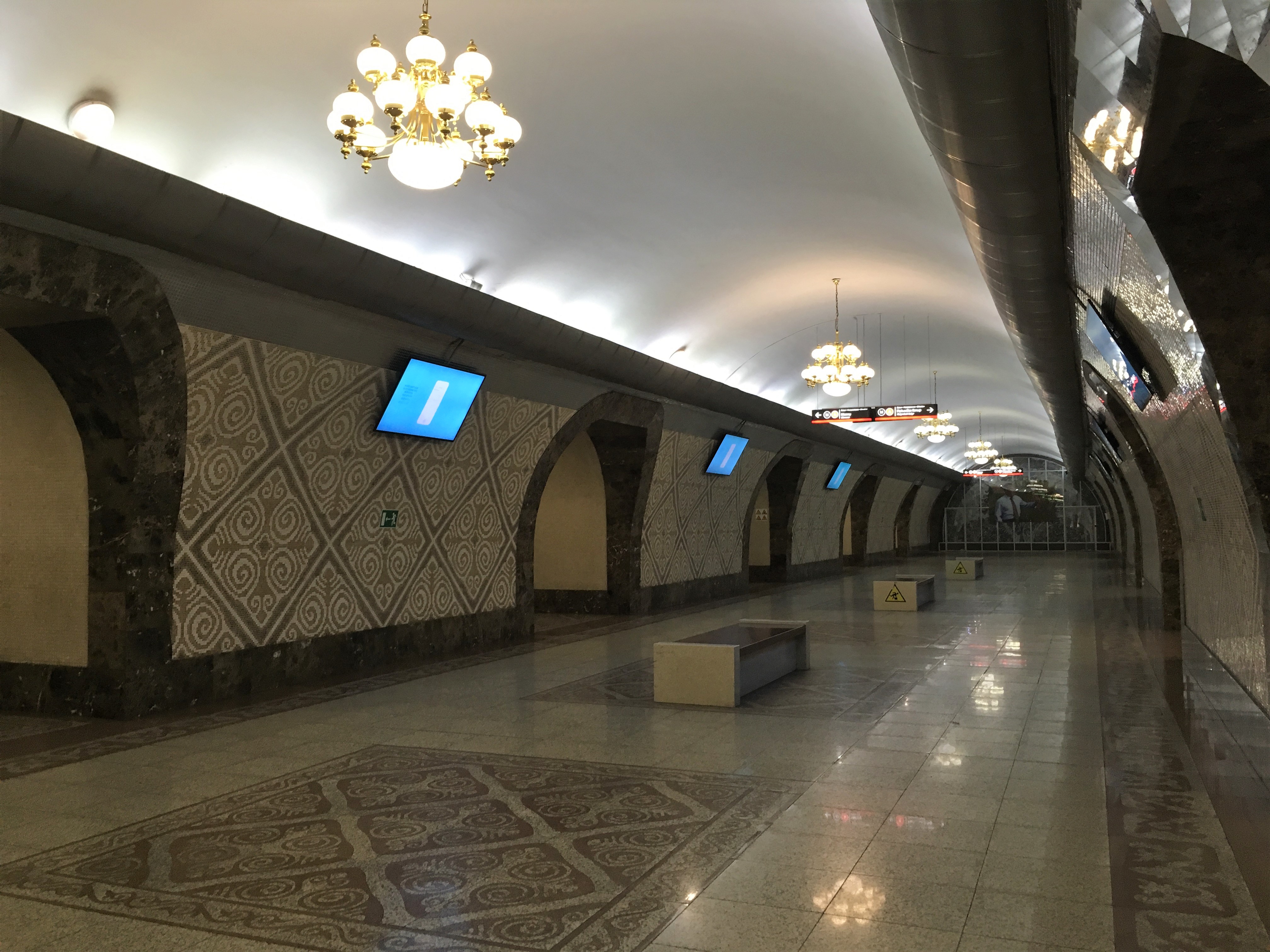
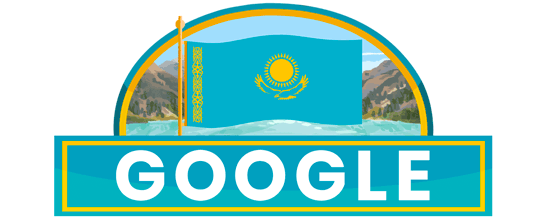





 it but you do. Even some Moroccans will refer to “Africans” as someone else; “Africa” as some place else. Morocco is in North Africa, on the west coast. It’s Arabic name (Mahgrib) means “west.” Although often times the region of MENA (Middle East North Africa) is used to indicate the cultural connections between the regions.
it but you do. Even some Moroccans will refer to “Africans” as someone else; “Africa” as some place else. Morocco is in North Africa, on the west coast. It’s Arabic name (Mahgrib) means “west.” Although often times the region of MENA (Middle East North Africa) is used to indicate the cultural connections between the regions.


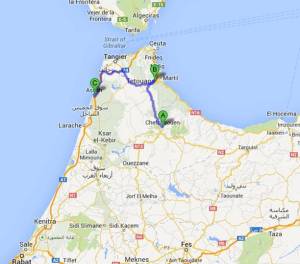






















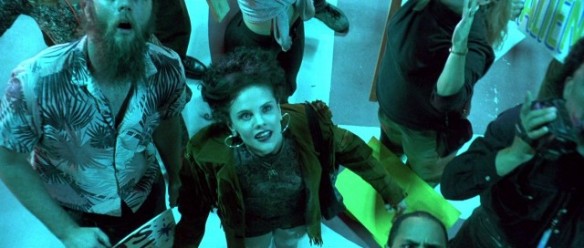
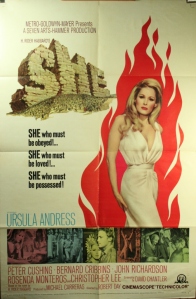


 one might expect to be told when the next train was. So why did this man start by telling me about a train 36 hours in the future and only move backwards in time based on my prodding? Apparently in Morocco, the guy just picks a random train he thinks you might like and it’s up to you to express another preference.
one might expect to be told when the next train was. So why did this man start by telling me about a train 36 hours in the future and only move backwards in time based on my prodding? Apparently in Morocco, the guy just picks a random train he thinks you might like and it’s up to you to express another preference.


